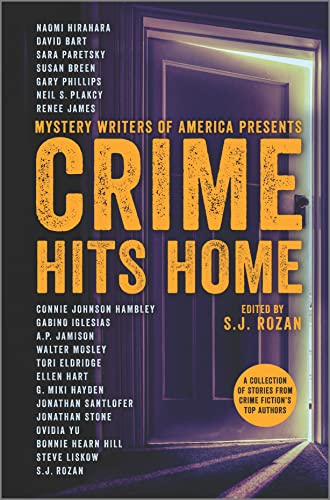"Do-Ye0n Performs a Cost-Benefit Analysis on a Career Based on Questionable Activities," by Mark Niemann-Ross, in Crooked 2, edited by Jessie Kwak, Bad Intentions Press, 2022.
Oddly enough, this is the second story I reviewed this month which qualifies as science fiction. Both are set in the near future and involve a society in which one's access to resources is strictly regimented by one's activities.
In Thielman's story your ability to progress depends on your perceived good citizenship. In Niemann-Ross's world it depends on what job you can get.
And Do-Ye0n is stuck at Level One because of a screw-up he made at his last position. His automated job coach tells him he can get a job in "corporate network penetrative testing," which is to say ransomware.
It is highly lucrative, and legal. Well, sort of legal. Unless some agency, or some other entity decides it would be better to make it temporarily illegal...
Robert Heinlein wrote a novella called "If This Goes On--" and that is one of my favorite types of science fiction: the one that extrapolates from what the author sees as a growing trend in our society. Niemann-Ross has written an interesting example.






